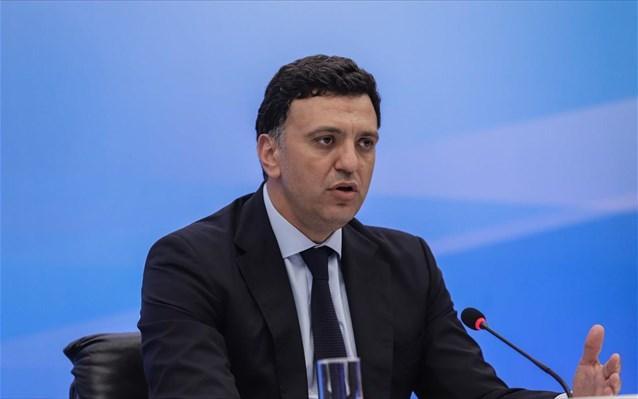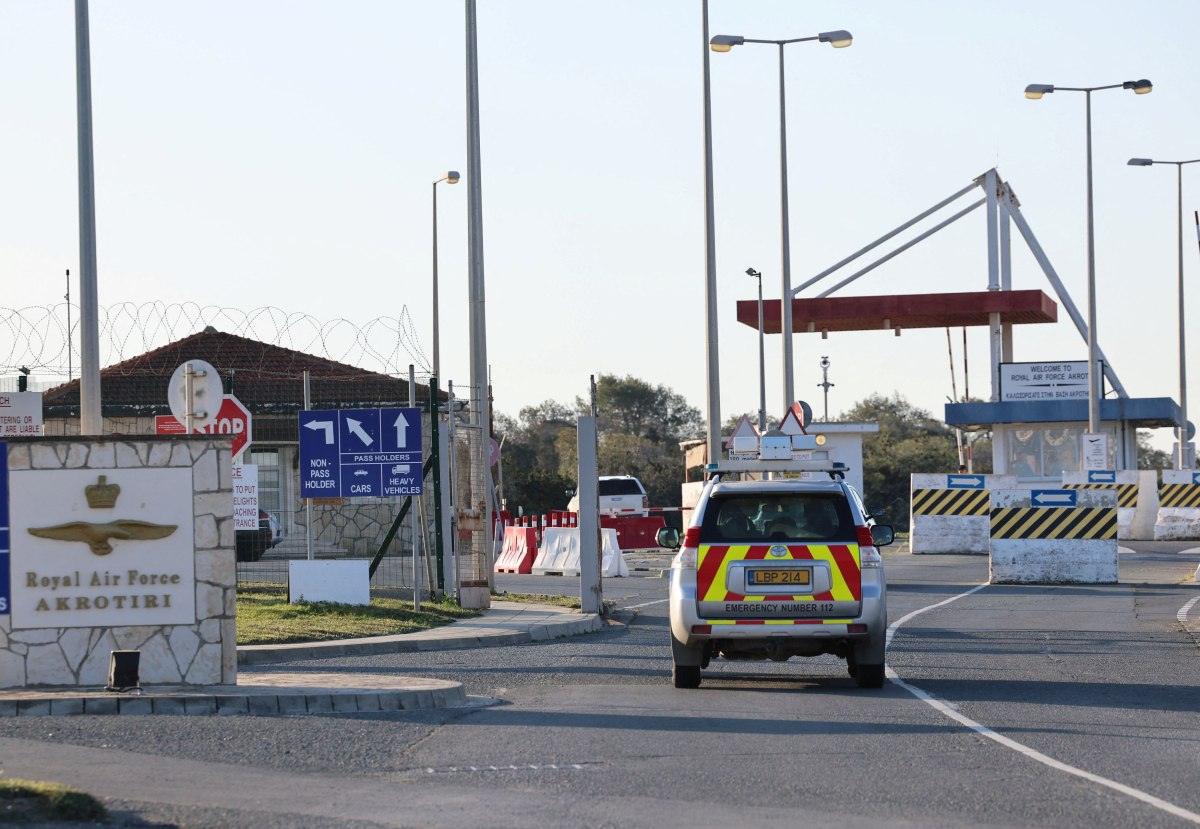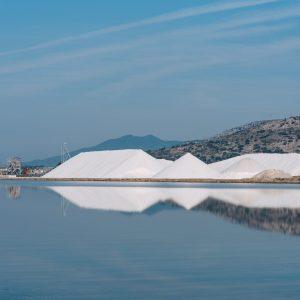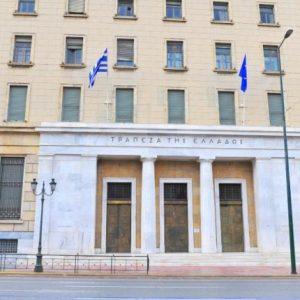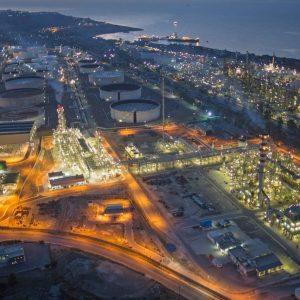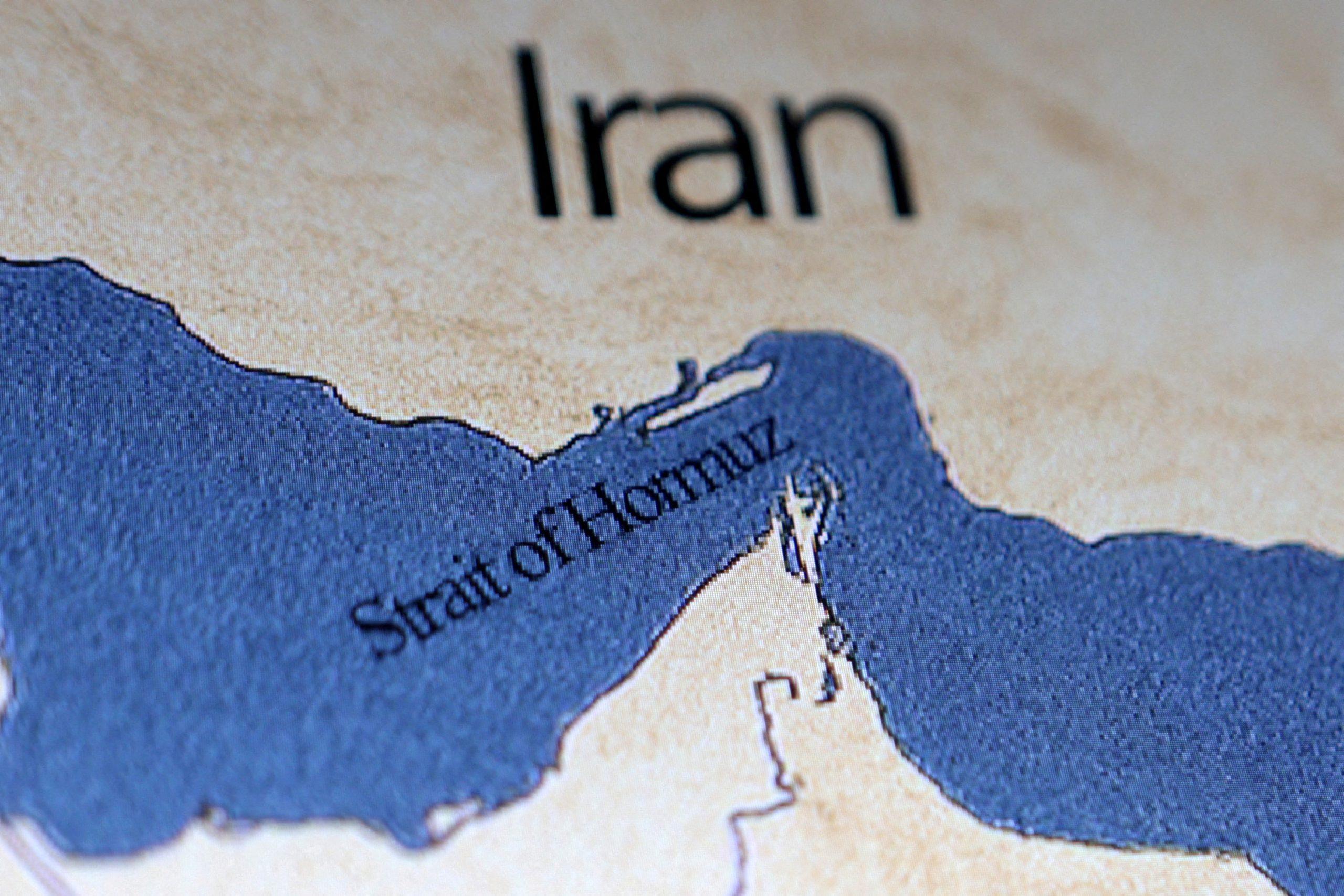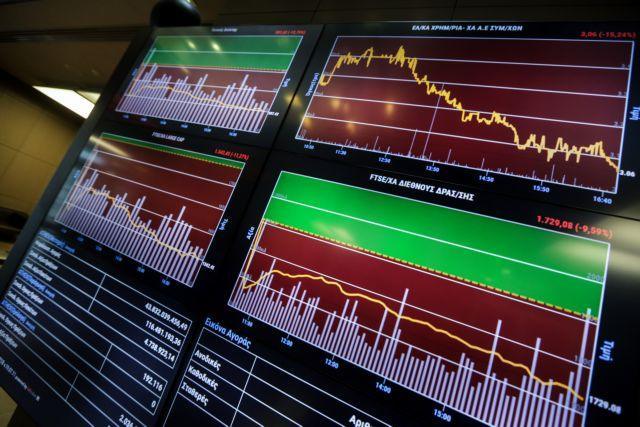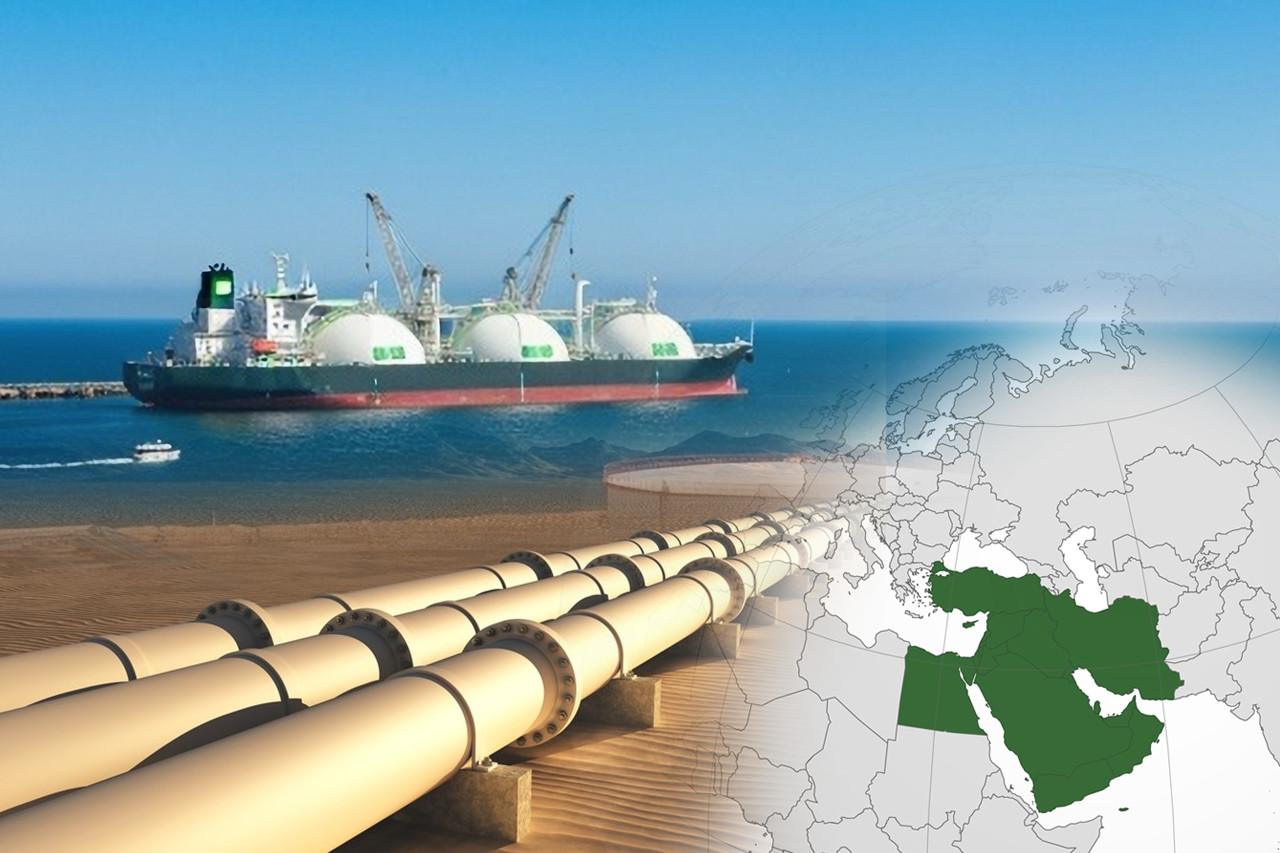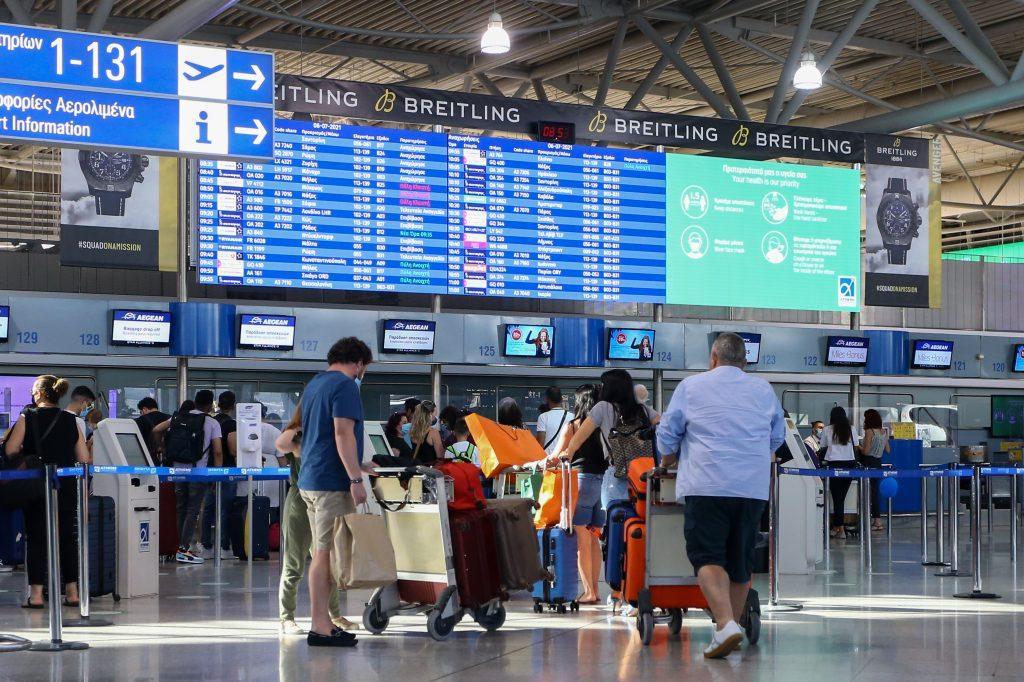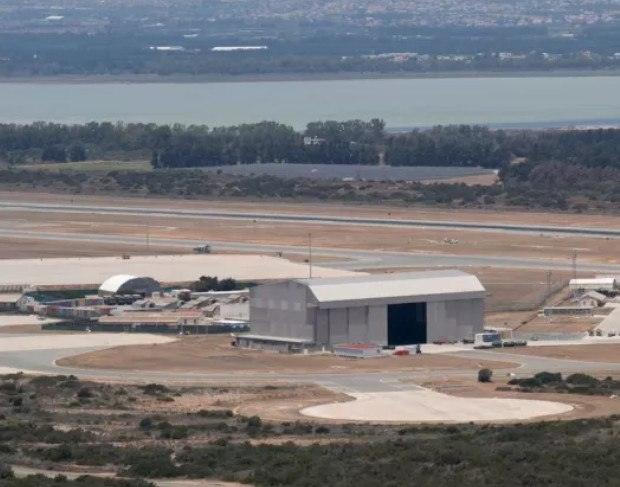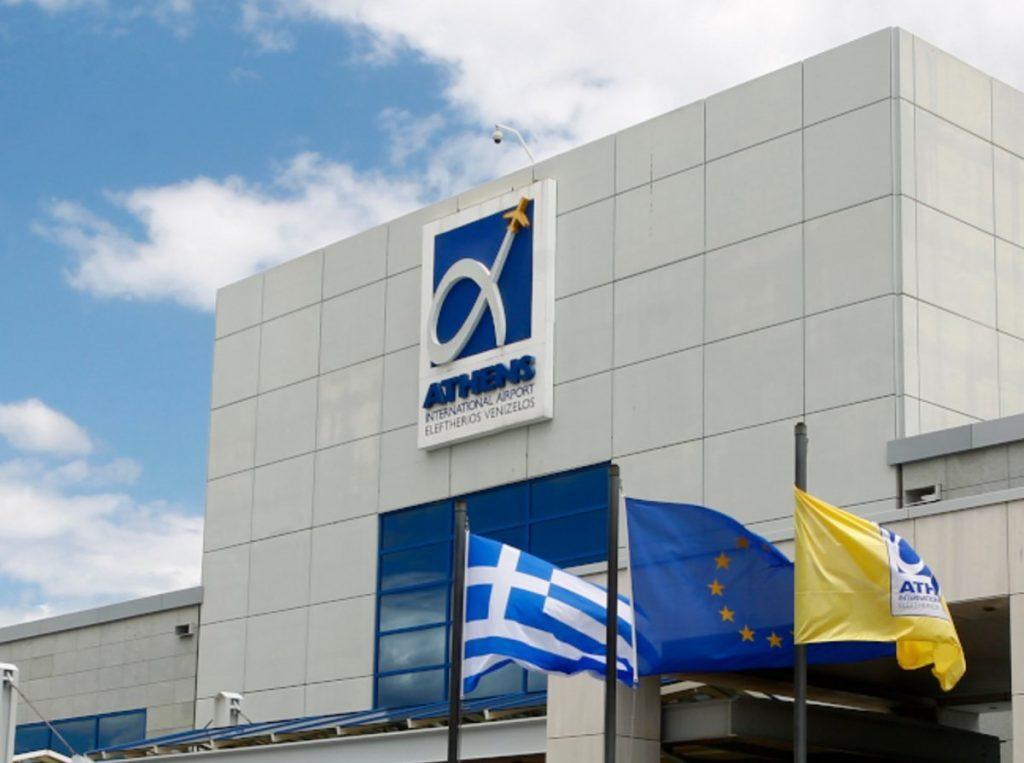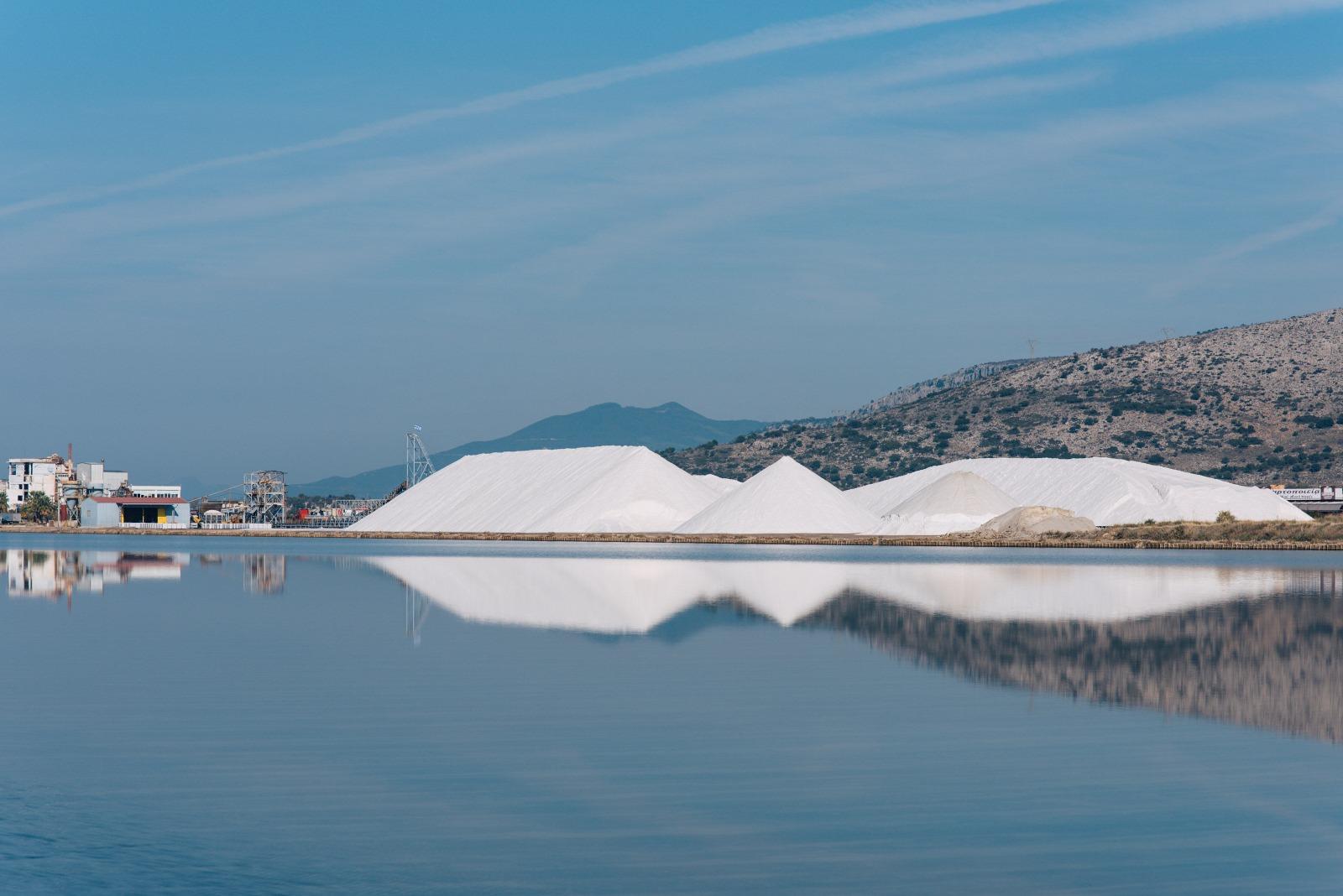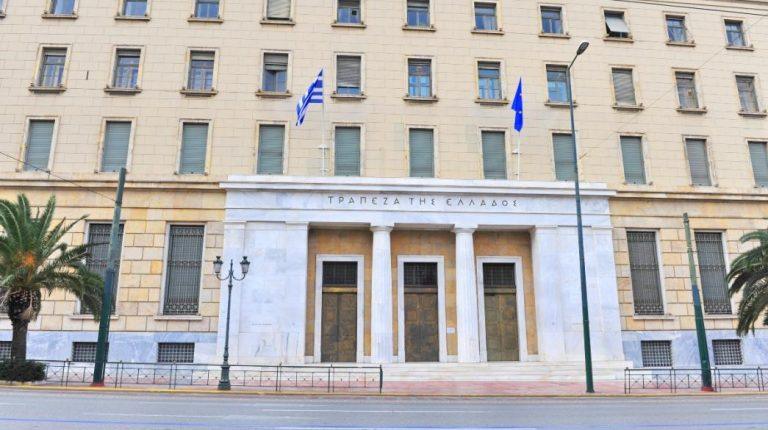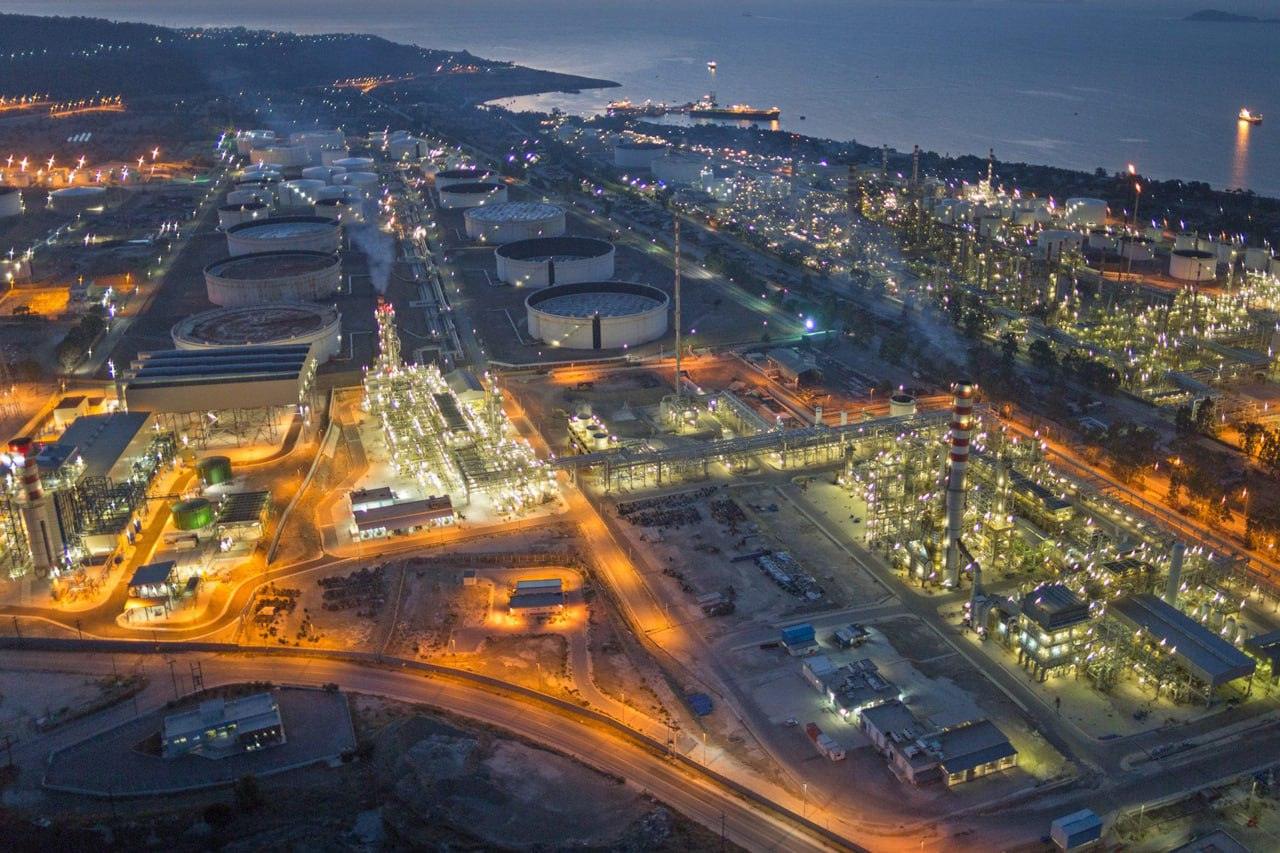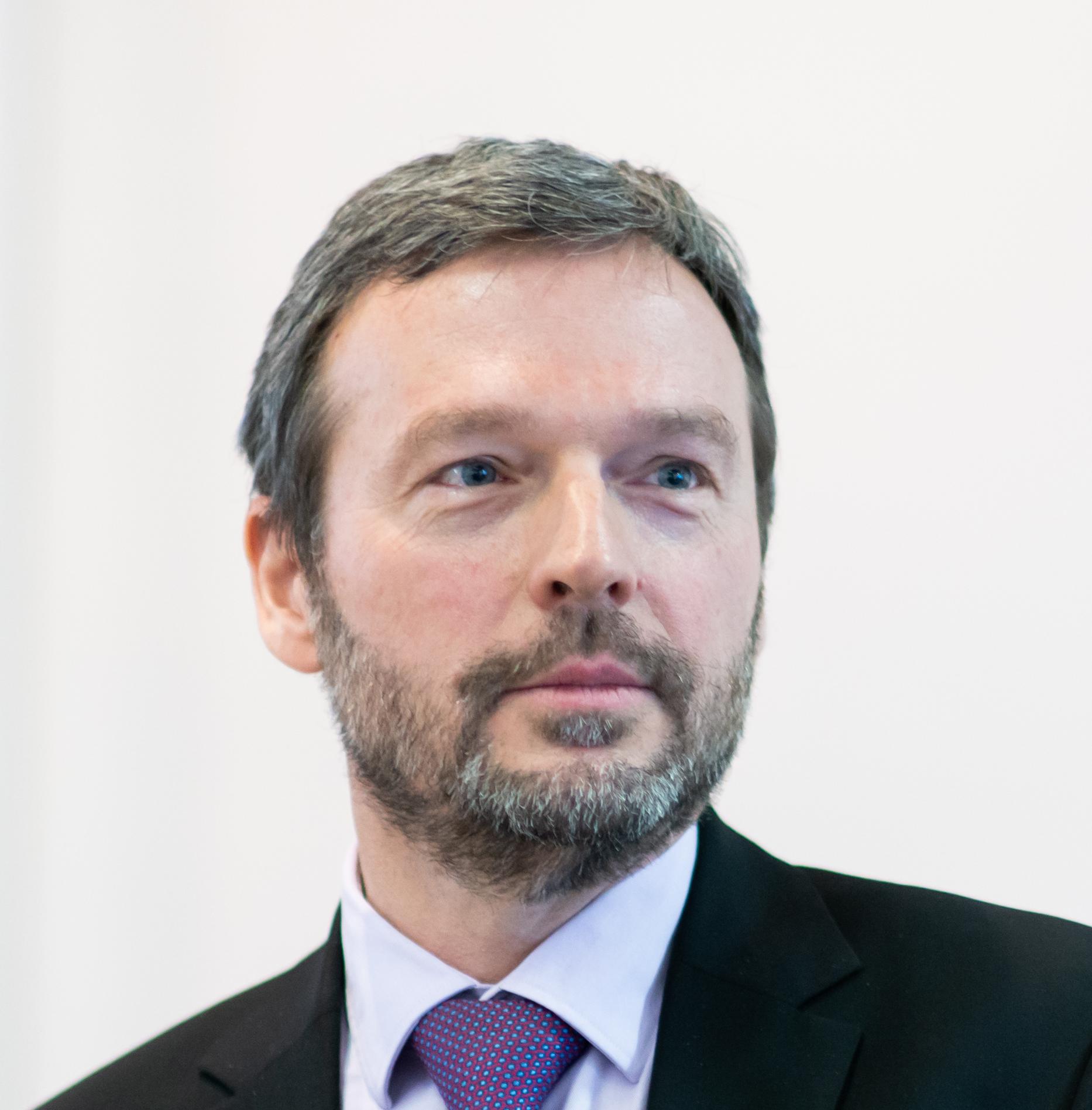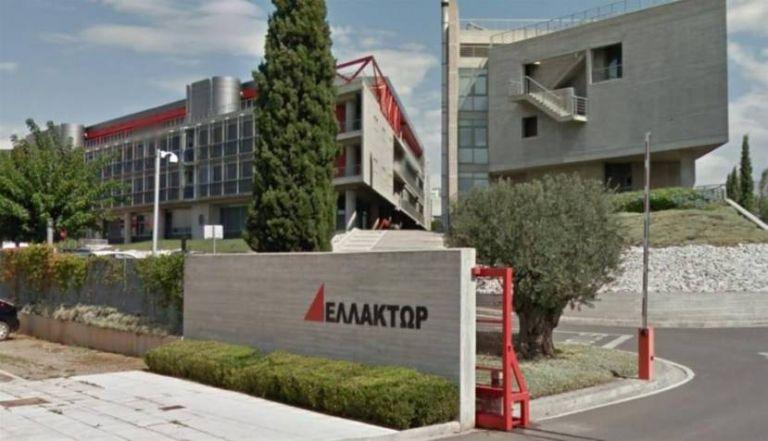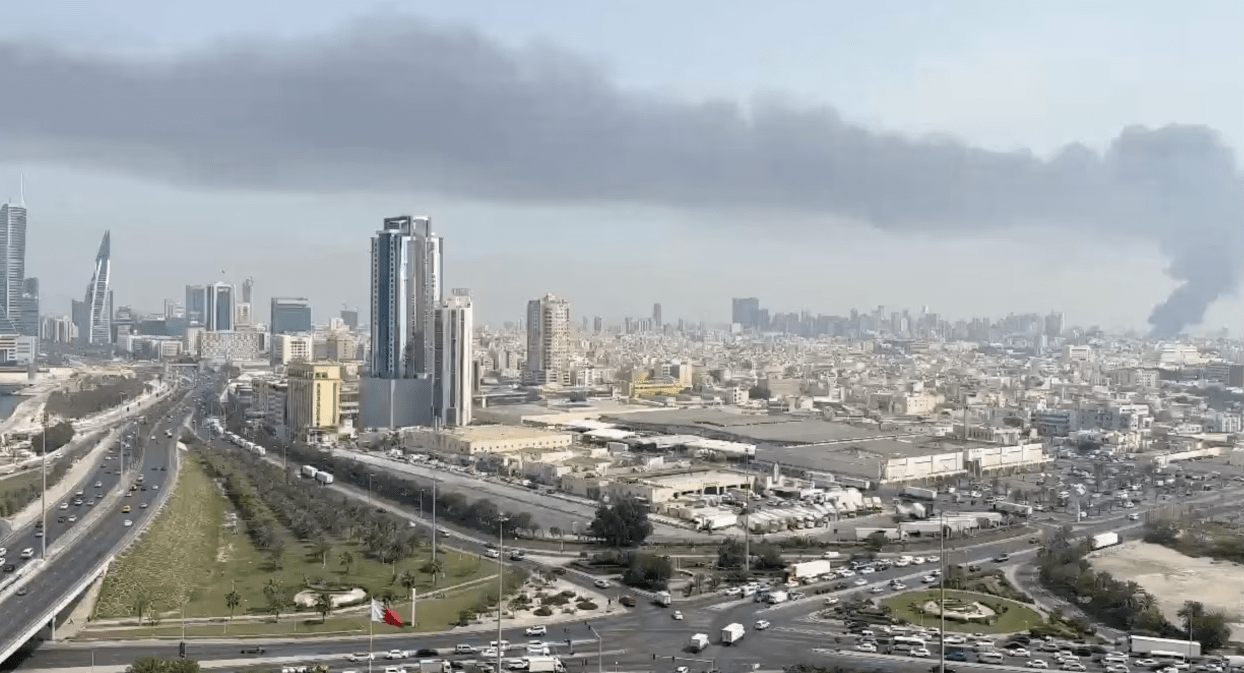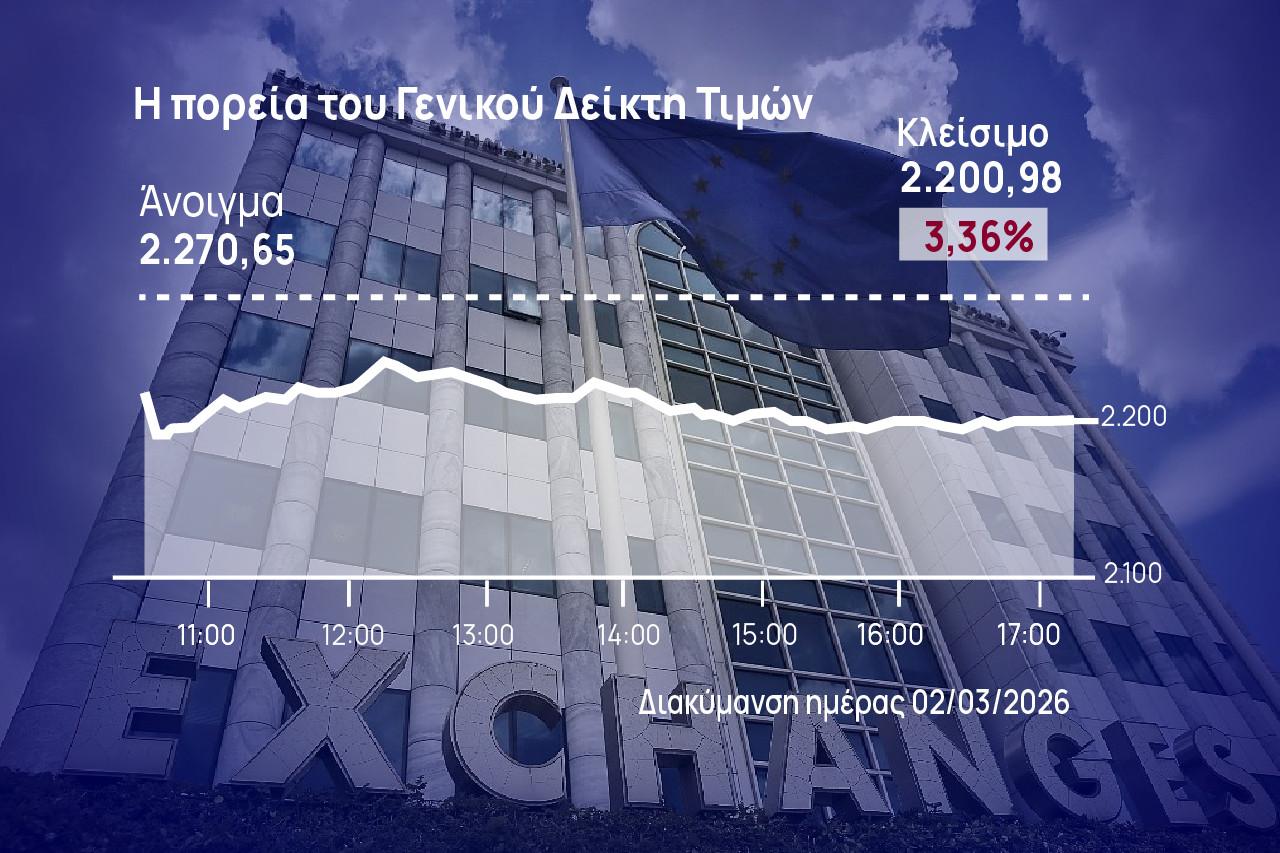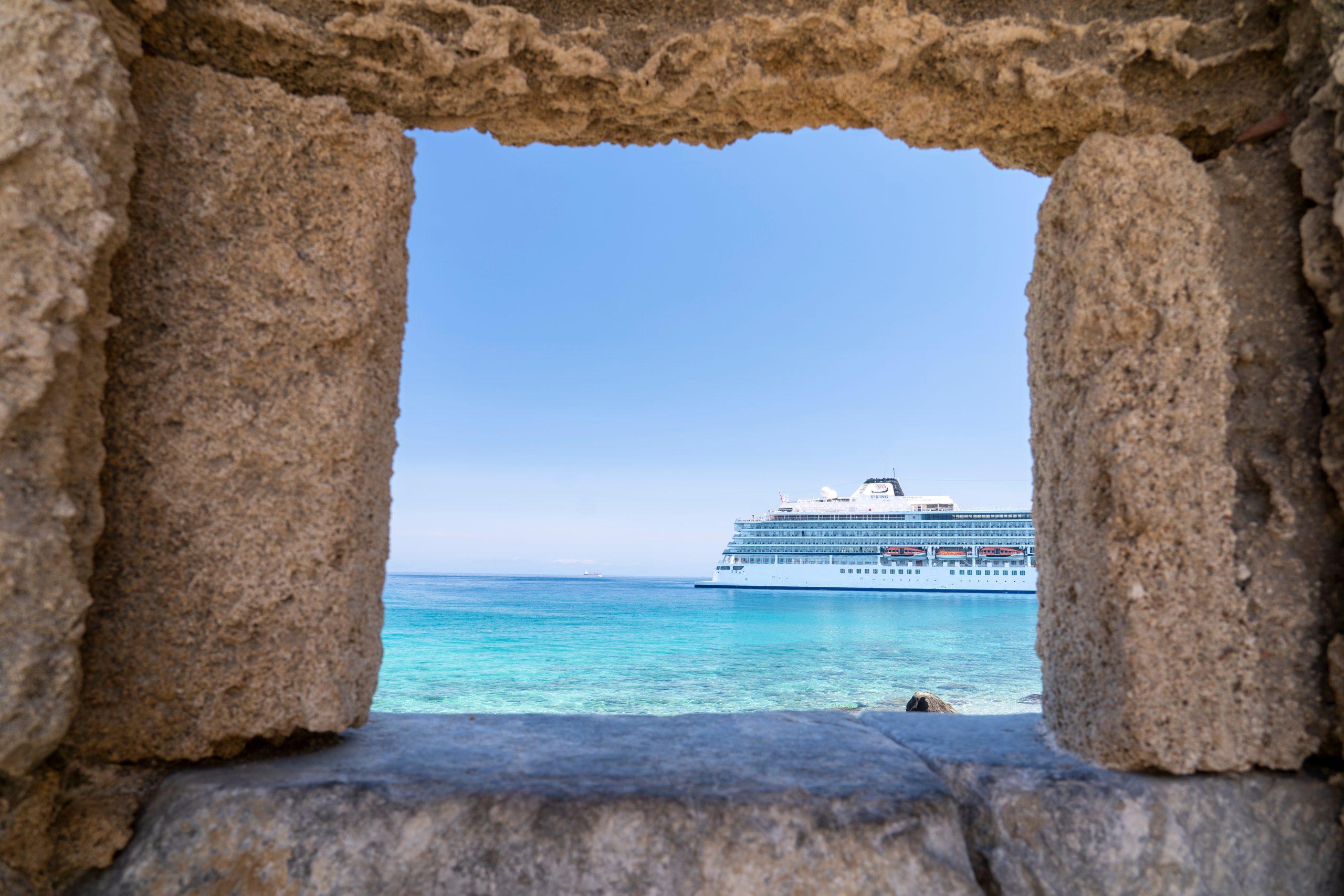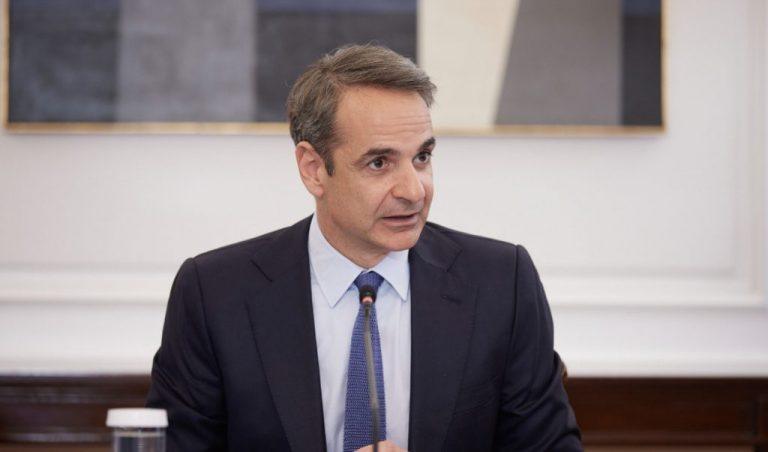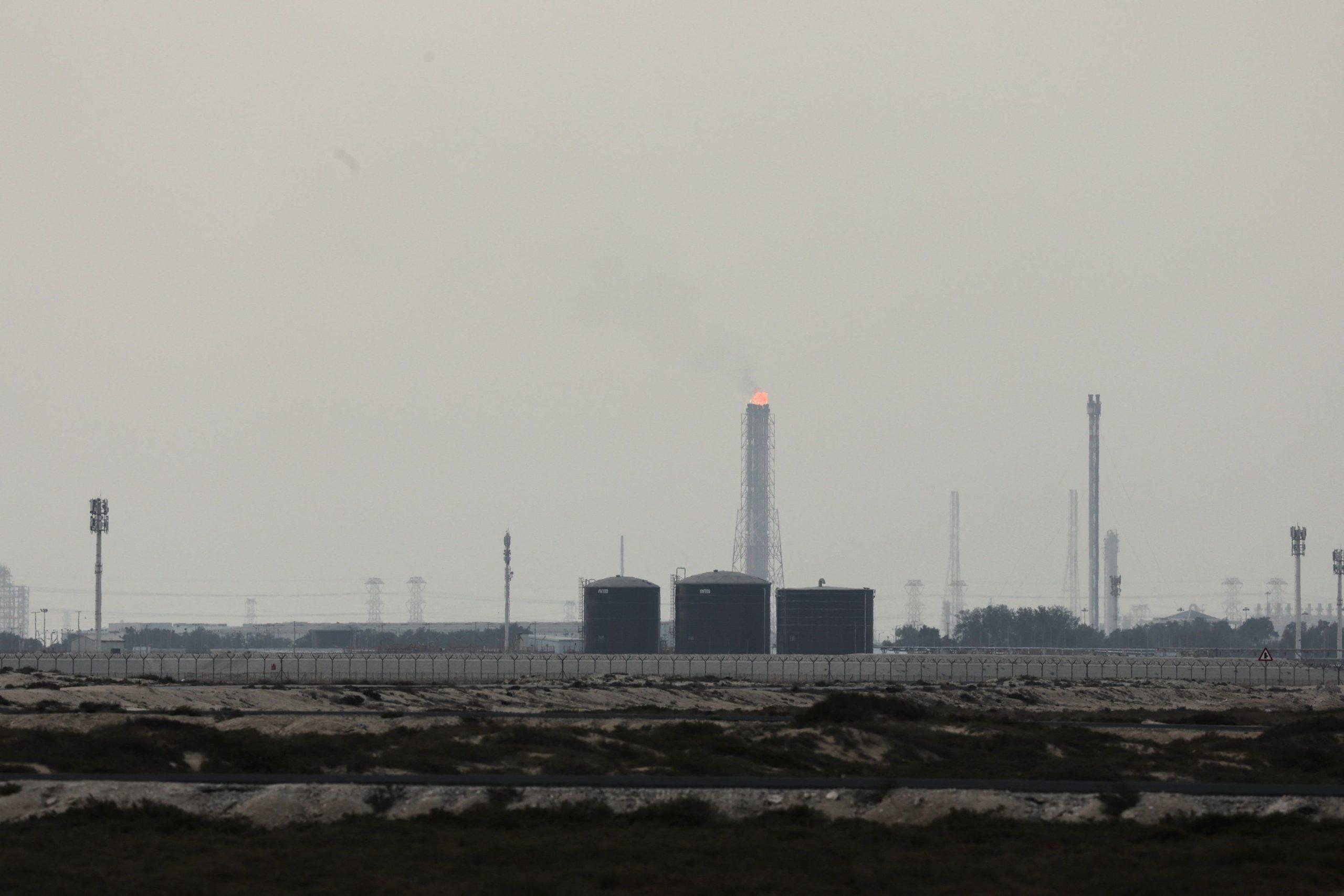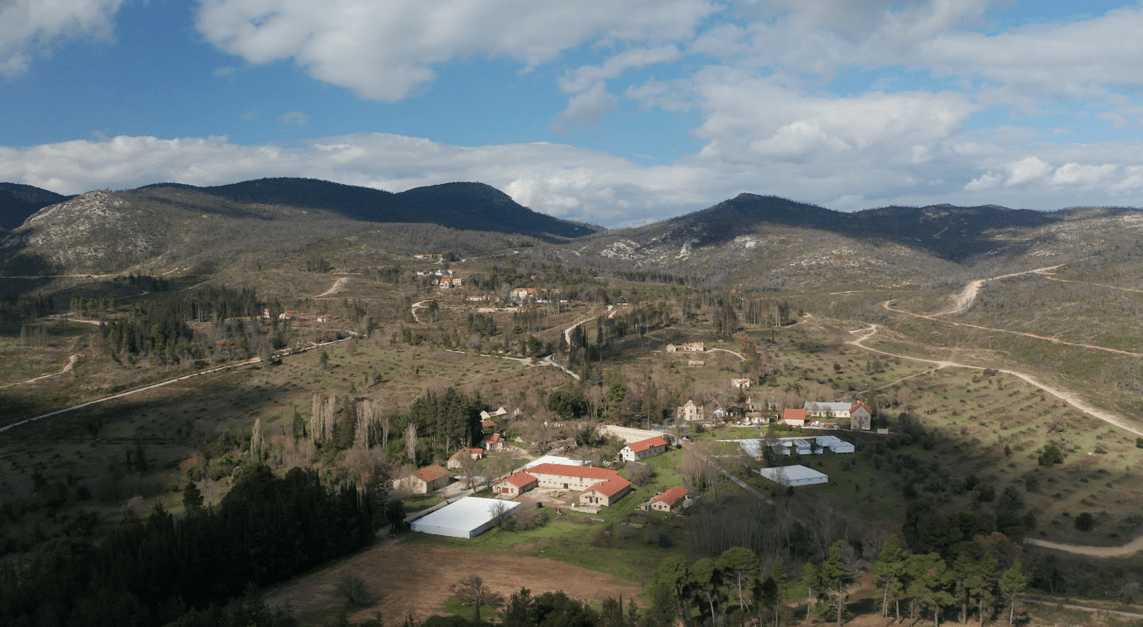Sofia is looking for financing the construction of a new nuclear power plant that will produce electricity and, among other things, knocked on the door of Athens.
The issue was made public from statements by Bulgarian Vice President and Finance Minister Asen Vassilev, reproduced by his country’s media the day before yesterday: “Bulgaria has started talks with the Greek side to build a new nuclear power plant to be used by Greece on a 20-year contract,” said the vice-president characteristically.
The background
OT sources state that at the beginning of last week, a Bulgarian delegation headed by Vassilev paid a visit to Athens and meetings were held at the Maximos Palace and the Ministry of Environment and Energy.
Sofia, according to information from OT, scoped out Athens, for possible interest of Greece to import guaranteed quantities of electricity from the new investment prepared by the state company for generation of nuclear energy.
The same sources want the Greek side to discuss positively such a possibility, however, subject to the investigation of technical and legal aspects of the issue. Power can only be imported if a domestic power company agrees with the Bulgarian nuclear power plant operator. And this can be done, the same circles explain, with a multi-year bilateral PPA agreement. It is also said that the name of PPC as a possible candidate to conclude such an agreement was mentioned in the talks.
Such an intention by the public offering company is not confirmed.
However, it is worth noting that according to foreign news agencies, the Bulgarian coalition government is investigating the possibility of building a second nuclear power plant in Belene. However, Vasilev in his statements on Sunday did not answer where the new facility will be built, while he claimed that “if there is a buyer, the construction of the new station can be done quickly”, meaning that one of the issues of its financial viability will be solved.
The conditions
The import of such quantities of electricity requires on the one hand a final decision by the Bulgarian state company but also strong electrical connections with the neighboring country. Regardless of the issue of the long-term contract, IPTO has a work in progress to upgrade the transmission lines between Greece and Bulgaria. With the new interconnection, the transport capacity at the border of the two countries increases significantly and is expected to reach 800 MW (Megawatts) for the direction from Greece to Bulgaria and to 1,350 MW for the direction from Bulgaria to Greece.
OT sources, however, note that the discussions are at a preliminary stage and any results are not expected immediately. In addition, it is emphasized that electricity imports to Greece from nuclear power plants are still made today but through traders and not with PPAs.
Any talks that started on the occasion of the energy crisis and in the context of the moves made by the Member States to secure alternative energy sources in order to become independent from Russian gas.
The Bulgarian side, it should be noted, is already participating as a shareholder in the consortium that will run the project of the FSRU of Alexandroupolis, the floating storage and gasification station of liquefied natural gas (LNG).


